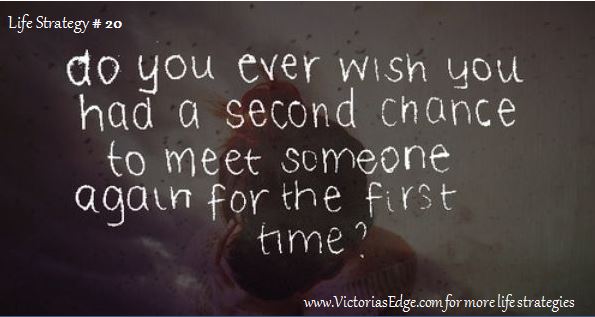Create a Safe Place
Sounds easy, right? Well, it is, but not the way you think. Creating a safe place doesn’t just mean keeping sharp objects and firearms out of reach. Creating a Safe Place, in parenting, means that you build a trust between you and your child, so that no matter what the situation, they feel “safe” coming to you and telling you.
How do you do that? Well, if you have never done that, it might take time to build this trust. But it is SO worth it. Let me ask you a couple quick questions about a scenario:
Your daughter has just failed a test at school. That in itself is unfortunate. However, she failed it, because she was caught cheating. She is coming to you to explain that she cheated because she is falling behind in the class, she doesn’t understand the materials being covered and that she is afraid she might not pass the class.
What is your initial reaction?
- “CHEATING!!! FAILING!! Oh My Goodness! Haven’t I taught you better than that?” (you feel like a failure – you are looking at your own failure here), you then punish her for cheating or failing.
- “What were you thinking? Cheating is never the right choice! If you don’t understand the materials, you should be studying more!” You then ground her to spend more time on her homework.
- Your own reaction here: ___________________________________________
So, she came to you for a reason – help.
What did she get? Punishment and judgment. Is she likely to repeat this process – coming to you for help? Not likely. What is the result of that? You have just taught her instead that you won’t listen nor help her, that she is on her own, and will have to figure it out herself, or with the help of somebody else … her first idea – cheating didn’t work, so now who can she turn to? The point here is — she doesn’t feel it is you, and it always should be YOU.
What can we learn from this?
Reacting to the surface situation is not always the best idea. There is more to most situations than what is on the surface. As a parent, it is your job to find that underlying reason and figure out the correct solution.
This lesson requires control, practice and good communications skills. It is the #1 lesson in the Effective Parent’s Tool kit. In this lesson you will learn how to control your “eye-rolling,” your quick judgements, and possibly a few choice faces. By creating an environment where the child can communicate with a parent about a serious matter, the child will learn that clear, honest communication is a skill and one they should build.
By utilizing this skill, you might have found out that she cheated because of massive pressure – as a way of getting through the test so she wouldn’t disappoint you, or maybe to live up to a siblings past performance. She may be struggling because she has vision problems, attention problems, and may require glasses or medication. Then again, she may actually be skipping out on her homework, or talking instead of paying attention, but you would never figure out any of this if you don’t listen, and if she won’t tell you.
The goal of this Effective Parenting skill is to create a relationship with your child that makes them want to tell you, makes them want to share with you, makes them want to confide in you, and thereby building respect, seeing you as a role-model, and you become the “go-to” person in their lives – instead of a questionable friend, or some other person that may lead them astray.
This skill is the first skill, because you must be able to communicate with your child first! Every other skill depends on that. What to do with the information you learn in these conversations can be found in other modules, but you must create and hold this safe place before you can act.
So, do you want to learn this skill? Do you want to learn how to create that safe place, that place where your child can tell you that they had sex, tried cigarettes, were approached to try drugs, etc. I hope you can see that there are definite benefits you can enjoy with your child if they feel safe telling you these things.
If this type of skill is important to you, visit the Effective Parent’s Toolkit page and learn about how you can begin developing the powerful skills you need to raise powerful, confident adults!


